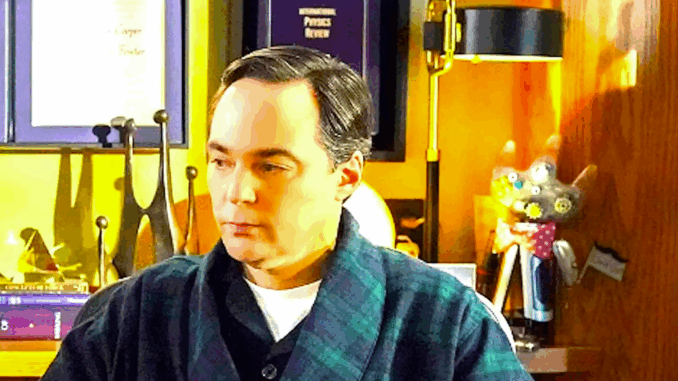
heldon Cooper, portrayed brilliantly by Jim Parsons, is arguably the most iconic character in The Big Bang Theory. His eccentricities, genius-level intellect, and strict adherence to routines and rules made him both hilarious and frustrating to watch in the show’s early seasons. However, what truly sets Sheldon apart is the remarkable growth he undergoes throughout the series — particularly in his social interactions and emotional intelligence.
At the start, Sheldon is presented as a character who is socially inept and emotionally detached. His difficulty in understanding sarcasm, social cues, and emotional needs of others forms a significant source of the show’s humor. He often irritates his friends with his bluntness, lack of empathy, and obsessive behavior. His famous “roommate agreement” and routines are examples of his need for control and predictability.
Yet, as the series progresses, viewers witness a gradual but meaningful transformation in Sheldon’s character. This evolution is carefully written and portrayed, showing that even the most rigid personalities can grow with the right relationships and experiences.
One of the key drivers of Sheldon’s growth is his relationship with Amy Farrah Fowler, introduced in later seasons. Amy acts as a catalyst for Sheldon to explore new emotional territories. Their quirky, unconventional romance challenges Sheldon’s comfort zones, encouraging him to become more considerate, patient, and affectionate. Amy’s influence helps Sheldon learn about intimacy and empathy in a way that is genuine to his unique personality.
The progress in Sheldon’s social skills isn’t limited to his romantic relationship. His friendships also deepen over time. In the beginning, Sheldon often seems dismissive or condescending towards Leonard, Howard, and Raj. However, as years pass, he shows moments of vulnerability and care that highlight his loyalty and affection for his friends.

For example, Sheldon’s repeated efforts to help his friends, celebrate their milestones, and even participate in group activities — despite his discomfort — reveal a softer side. These actions show that Sheldon values connection, even if he doesn’t always express it conventionally.
Another fascinating aspect of Sheldon’s development is his gradual acceptance of change and unpredictability. This is a significant departure from his initial rigid adherence to routines and discomfort with the unexpected. Moments such as moving in with Amy, adapting to new life situations, and dealing with challenges demonstrate his growing flexibility.
Sheldon’s academic and professional achievements remain a core part of his identity, but they become balanced with his evolving personal life. Winning the Nobel Prize in Physics, a major milestone in the series, symbolizes both his intellectual success and personal fulfillment.
Moreover, Sheldon’s quirks remain a beloved part of the character, but they are no longer barriers to connection. Instead, they are embraced by those around him, reflecting a broader message of acceptance and understanding of neurodiversity and individuality.
The show also highlights Sheldon’s moments of self-awareness and humor regarding his own social difficulties. His iconic catchphrases, like “Bazinga!”, and awkward yet earnest attempts at humor, show his desire to connect and engage with others, even if it doesn’t always land perfectly.
Jim Parsons’ portrayal of Sheldon is integral to this character arc. Parsons manages to balance comedy with emotional depth, making Sheldon both entertaining and relatable. His performance earned critical acclaim, including multiple Emmy Awards, underscoring the impact of the character.
Sheldon’s journey resonates with many viewers because it portrays growth that doesn’t erase one’s true nature but enhances it. It offers hope that personal challenges — whether social, emotional, or psychological — can be worked on with patience, support, and effort.
In essence, Sheldon Cooper evolves from a caricature of a genius with social deficits into a multi-dimensional character who embodies friendship, love, and personal growth. His transformation enriches The Big Bang Theory, contributing to its enduring popularity and emotional appeal.